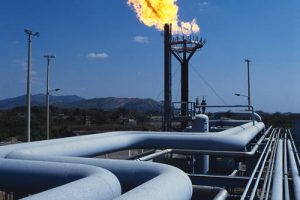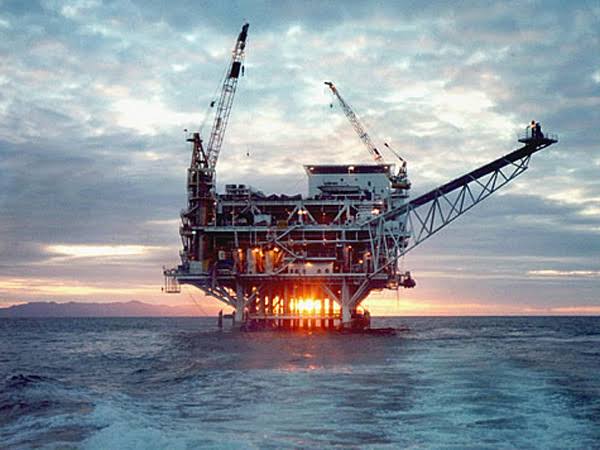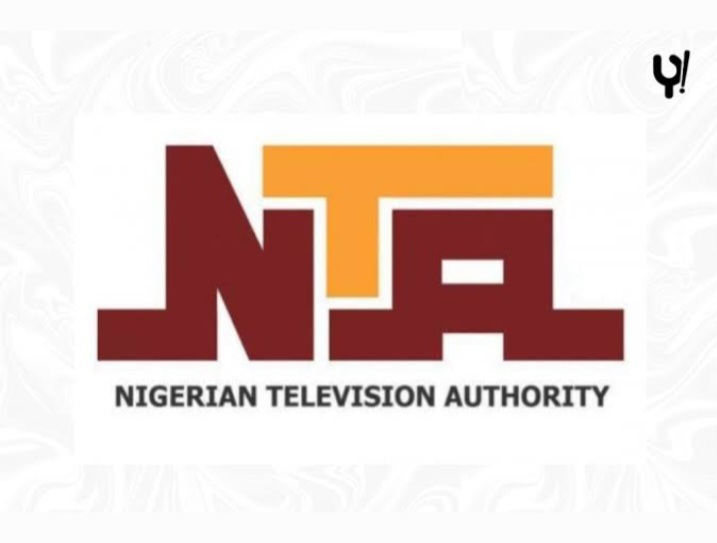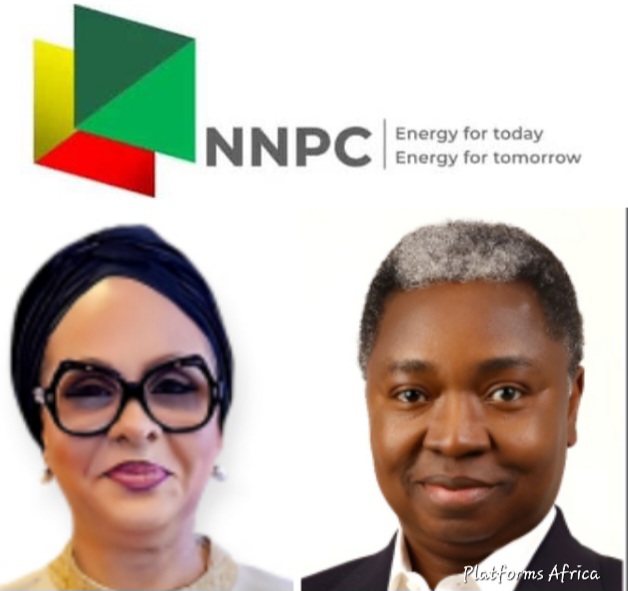“The country is under heavy borrowing to meet its developmental needs While some national assets that could help tremendpusly ate undeveloped for over 10 years.”
With dwindling review into federation account and declining global relevance of fossil fuel as the world gradually transits to renewable energy, oil and gas industry experts in Nigeria have called for efficient use of mining assets by operators for the country to maximize its current potentials before fossil fuel loses its current value.
While speaking on the diminishing status of oil and gas in the global energy requirements in the next 20years, industry professionals and advocacy groups are, in separate interviews, charging the Federal Government, federal lawmakers, interest groups, operators and other industry stakeholders to wrap-up the Petroleum Industry Bill (PIB) for presidential assent so that the country can have a new governing law that will improve investment, increase production, efficiency and transparency in Oil and Gas industry.
READ ALSO: DPR confirms Platforms Africa Exclusive Story on Shakeup, Deputy Directors
Man steals company’s bike three days after employment, arrested
Eurafic counters Oil Minister, DPR over revocation of oilfield license
DSS arrests 3 Israelis in Nigeria over alleged links with IPOB
On the current controversy trailing the revocation of some marginal oil fields’ licenses by the Department of Petroleum Resources (DPR) and the petition to the House of Representatives Committee on Public Petition by Eurafric Energy Limited, one of the affected lease operators, Mr. Ademola Adigun, an oil sector governance reform expert said that the issue has become a test case why the Petroleum Industry Bill must be quickly signed into law because the ‘Drill or Drop’ provision in the law will prevent process abuse and usurpation of regulatory responsibilities or powers.

Adigun decried a situation why Oil companies sit on mining leases for years without getting them into production capacity as ‘wasteful and unproductive’ for a country that is facing severe revenue challenges.
The country is under heavy borrowing to meet its developmental needs. So, the Nigerian government must do all it can to use the country’s oil and gas assets to build an economy of the future.
He said, “one of the greatest things that have happened, which is in the PIB, is the idea of ‘Drill or Drop’. We have had a history. I think the first attempt to Nigerianise the oil and gas sector was in 1990 when the Babangida government awarded oil blocs to some Nigerians who were thought to have financial capabilities to make the necessary investments. Of the award, only about three or four have been mined, that is Famfa, Conoil and some other two.
READ ALSO: CBN fences others, offers Nigeria’s $1bn Sugar imports to 3 firms ‘only’
AS IN VIETNAM, AMERICA BREAKS INTO A RUN IN AFGHANISTAN BY OWEI LAKEMFA
AS IN VIETNAM, AMERICA BREAKS INTO A RUN IN AFGHANISTAN BY OWEI LAKEMFA
Now, a lot of people get these licences or win these bids then go sell it off. They sell it off to those who lack capacity and the whole thing stalls and we suffer as a country. We have two problems in the sector right now; we have declining take from the barrel and we have declining returns from crude. Now, we are limited to 1.45 million barrels a day by OPEC quota and unable to ramp up 2.1 million barrels per day.
If the oil blocs lie fallow and people are not producing from them, we are losing revenue from the field, we are losing job creation opportunity from the field, we are losing what should be the contribution to the GDP as well as field development fee. It’s a whole basket of having something you cannot use, it is therefore better you drop it for other companies with capacity to explore.
On what DPR must do to the new marginal fields awardees who fail to get the blocs into production with a timeframe specified by the regulator, Adigun noted that the PIB has addressed that, adding that it is one of the reasons politicians and individuals with vested interests must put national interests above personal and sectional interests and allow the PIB to be signed into law after almost 20 years of the country’s struggle to get a more progressive law that addresses the problems facing the oil and gas industry.
“To your specific question of what happens to the new awardees, the PIB is clear, you have a timeline, you pay your licensing fee. You also have a timeline to find investors to work with you. If you can’t, drop it. Drop it for someone who can. The truth is, we are fighting a battle; the truth is crude is not going to be as powerful or useful as it is in the next 20 to 35 years.
On the propriety of the reported call by the House of Representatives for the reversal of the revocation of unproductive marginal fields’ following a petition to the Committee on Public Petition by Eurafric Energy Limited, Mr. Adigun noted that Nigeria must be a country that respects law and its institution while noting that the Public Petition Committee of the House has not power to force that demand of DPR.
Immediate past Chairman, Society of Petroleum Engineers, Engineer Joe Nwakwe, said that there is a clear distinction between regulation and governance, calling for caution in a bit not to send a wrong signal to investors because of interference with regulation.
“I have not seen the comment by the House of Reps, what I suspect is that they may be pointing the DPR attention to the Court case over the matter. But it is clear that the Petroleum Act gives the power to award and revoke oil blocks to the Minister of Petroleum Resources and that power has been delegated to the DPR in this matter,” he said.
His view was corroborated by Adebayo Alamutu who maintained that the House of Representatives Committee on Petition may be doing more harm to the nation’s economy and reputation before the investors with its usurpation of power that does not belong to it.
“First, there is no controversy in this matter. The minister has delegated the power to award and revoke oil block to the DPR, which is the regulator. The DPR on the other hand has said that it revoked the Dawes oilfields from Eurafric, Tako and Petralon 54 JV over lack of competence and needless rendering of national assets unproductive for many years.
Now it has, in the best interest of the country, awarded the oilfield to a company, it considered competent to make the field viable by generating revenues for Nigeria, and the House of Representatives will now reverse this? It is not only against the dictates of the petroleum act, it is against development. It is so dangerous to what we preach as a country on division of power. It will be so scary for the investors,” he said.





